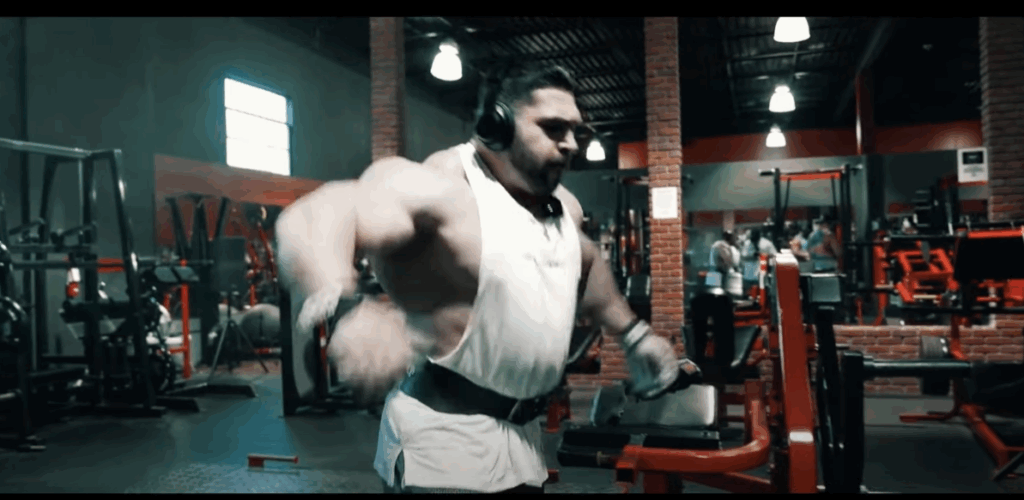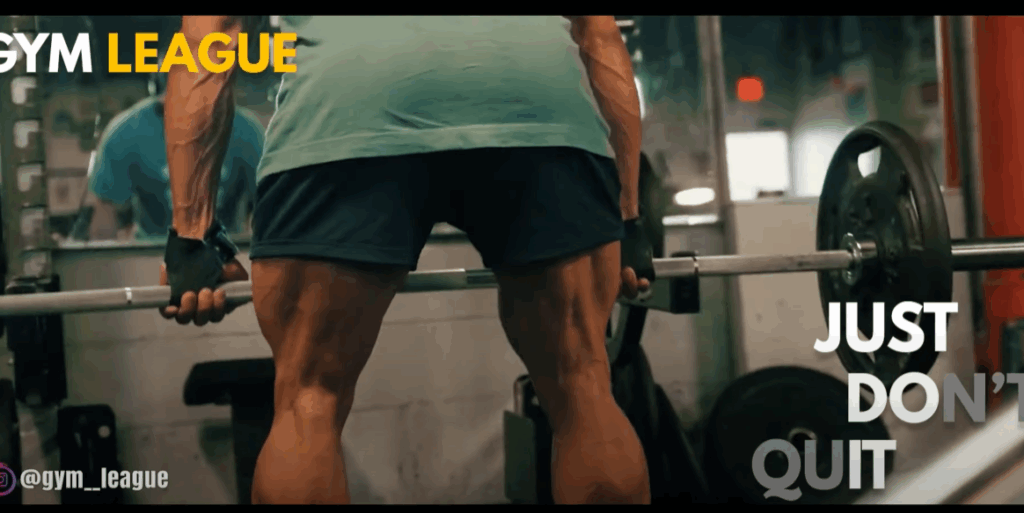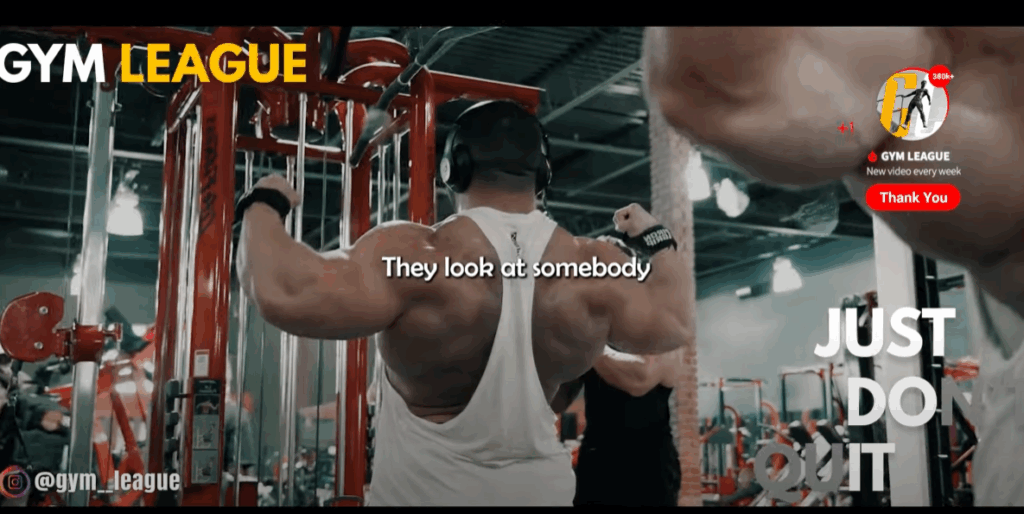In the world of bodybuilding, athletic performance, and personal growth, everyone talks about chasing big goals. Whether it’s adding 50 pounds to your squat, stepping on stage in competition shape, or building a successful business, the dream itself is exciting. But here’s the truth that most people don’t want to hear: the road to those dreams is filled with setbacks, frustration, and moments when quitting feels easier than continuing.
The difference between those who reach their goals and those who stop halfway often comes down to one skill—learning how to fail the right way.

Why Failure Is Not the Enemy
Failure is inevitable. If you’re truly chasing a goal that stretches you beyond your current abilities, you’re going to encounter situations where you fall short. Maybe you miss a lift in the gym you thought you had in the bag. Maybe you follow your nutrition plan perfectly for weeks, only to see the scale go the opposite direction. These moments sting. But they’re also part of the process.
I had to train myself not to dwell in the “failure zone” for too long. In my early years, I would overanalyze mistakes and beat myself up mentally, which only slowed my progress. Over time, I learned that failure is just feedback—a signal that something in your approach needs adjustment. The faster you take the lesson and move forward, the quicker you’ll reach your destination.
The Mindset Shift That Changes Everything
One of the biggest obstacles to progress is our own self-imposed limits. Many people cap their potential without even realizing it. They look at someone who’s achieved what they want and assume there must be some hidden trick, secret supplement, or unfair advantage.
This mindset kills progress. If you believe something is impossible for you, you’ll never even attempt it with full effort.
The truth is, the only real limit is the one you accept. I’ve seen time and time again—both in my own life and in my clients’—that the body will go further than the mind thinks it can, as long as you refuse to back down when things get uncomfortable.
How to Push Beyond Your Breaking Point
Pushing limits doesn’t mean being reckless. It means being willing to go to the edge of your comfort zone and test yourself, over and over.
When I hit a wall, I don’t see it as the end. I see it as a challenge: How can I get around it? Can I go over it, under it, or straight through it? This approach applies to the gym, business, relationships—every area of life.
If a training plateau hits, I’ll change my program structure, modify rest periods, or try a different intensity technique. If my diet results stall, I’ll review my macro tracking, sodium intake, or meal timing. The key is to approach obstacles like puzzles instead of roadblocks.

The Emotional Side of Pushing Limits
It’s not just physical exhaustion you have to deal with—it’s the mental strain. There will be days you doubt yourself. Days you think, Maybe I’m not cut out for this.
On those days, discipline matters more than motivation. Motivation is great when it’s there, but it’s unreliable. Discipline, on the other hand, is a habit you build—one that keeps you going when you’d rather quit.
I’ve learned to remind myself of my “why” when I feel like stopping. Why did I start this journey? What’s on the other side of all this effort? Visualizing the end result—the stronger body, the increased confidence, the personal pride—reminds me that the temporary pain is worth it.
Stop Waiting for the “Perfect Time”
Many people spend their entire lives waiting for the perfect conditions before chasing their goals. They think, I’ll start training when I have more free time. Or, I’ll commit to my diet once work slows down.
Here’s the problem: life never becomes perfect. If you wait for the ideal moment, you’ll be waiting forever.
Instead, start now with what you have. You might have to train in a small home gym, cook simple meals, or work out at odd hours. That’s fine. Consistency beats perfection every time.

Lessons From the Gym That Apply to Life
Bodybuilding and fitness have taught me lessons I use daily outside the gym:
- Progress is never linear. You’ll have great weeks and weeks that feel like you’re moving backward. Both are part of the journey.
- Recovery is as important as work. You can’t push 100% all the time without rest, whether it’s training or mental effort.
- Small wins compound. You don’t build muscle from one great workout; you build it from hundreds of good workouts strung together.
- Focus on what you can control. You can’t control how quickly your body changes, but you can control your training consistency, nutrition, and effort.
Building Resilience Through Repetition
Resilience doesn’t appear overnight—it’s forged through repeated exposure to challenges. Every time you fail and try again, you get stronger mentally.
Think about lifting weights: you don’t grow from staying comfortable. You grow from applying resistance your muscles must adapt to. The same applies to your mindset. Every obstacle you overcome trains your brain to handle the next one with more confidence.
When I look back, my biggest growth moments didn’t come from my victories—they came from my setbacks. The failed lifts, the poor competition results, the frustrating diet plateaus—they all shaped the person I am today.
The Choice That Defines Your Outcome
In the end, success comes down to one decision: Will you let failure stop you, or will you use it as fuel?
If you choose the second option, you’ll find that every obstacle becomes an opportunity to prove to yourself just how capable you are. And once you’ve done it a few times, you’ll start to crave the challenge.
You’ll stop fearing failure because you’ll know it’s just part of the process. You’ll stop waiting for the perfect moment because you’ll understand that momentum is more important than conditions. Most importantly, you’ll stop doubting yourself—because you’ll have the evidence, built from experience, that you can handle whatever comes your way.
Final Word:
In bodybuilding, fitness, and life, the winners aren’t the ones who never fall—they’re the ones who get back up faster every time. Learning to fail forward is the ultimate skill for achieving big goals.
So, the next time you miss a lift, skip a workout, or stumble on your nutrition plan, don’t waste energy on self-pity. Take the lesson, adjust, and keep moving. Your dream is still there, waiting for you to push past your limits and claim it.



